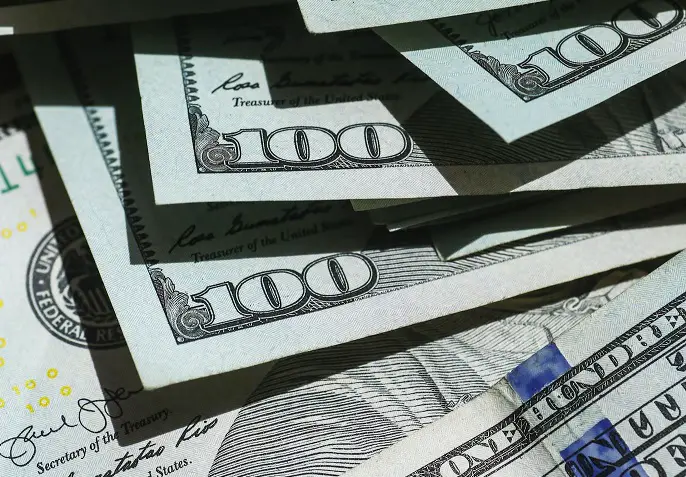On Saturday, Bill Ackman, the billionaire US investor and hedge fund manager, warned there would be dire consequences for the banking sector and the broader economy due to the collapse of Silicon Valley Bank (SVB), a tech and startup-focused lender.
On his Twitter account, Ackman wrote that SVB should not have been allowed to collapse by US authorities without guaranteeing all of its depositors they would be made whole. According to official figures, only 11% of SVB’s $175.4 billion worth of deposits were insured when the bank collapsed.
Ackman said, now that the bank has failed, “the world has woken up to what an uninsured deposit is – an unsecured illiquid claim on a failed bank.” He went on to predict that when banks reopen on Monday, “the giant sucking sound you will hear will be the withdrawal of substantially all uninsured deposits from all but the ‘systemically important banks’ (SIBs).”
He went on, predicting that will set off an economic meltdown, since the withdrawals, “will drain liquidity from community, regional and other banks and begin the destruction of these important institutions,” as, “thousands of the fastest growing, most innovative venture-backed companies in the US will begin to fail to make payroll next week.”
According to Ackman, US regulators should either locate a buyer for the bank before banks open on Monday, or they will need to guarantee all of the bank’s deposits.
He continued, “Had the gov’t stepped in on Friday to guarantee SVB’s deposits (in exchange for penny warrants which would have wiped out the substantial majority of its equity value) this could have been avoided and SVB’s 40-year franchise value could have been preserved and transferred to a new owner in exchange for an equity injection… This approach would have minimized the risk of any gov’t losses, and created the potential for substantial profits from the rescue.”
SVB’s collapse on Friday was triggered by the bank’s announcement that it had lost $1.8 billion on asset sales it made seeking to raise capital. Depositors made a sudden run on deposits, and regulators were forced to step in.
Ackman observed, “SVB’s senior management made a basic mistake. They invested short-term deposits in longer-term, fixed-rate assets. Thereafter short-term rates went up and a bank run ensued. Senior management screwed up and they should lose their jobs.”
However he noted, some blame should lie with regulators, as it is their job to spot risk before it becomes a problem, and the bank “should have been high on their watch list with more than $200B of assets and $170B of deposits from business borrowers in effectively the same industry.”

